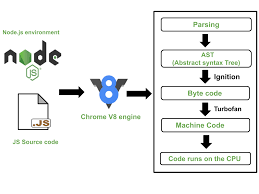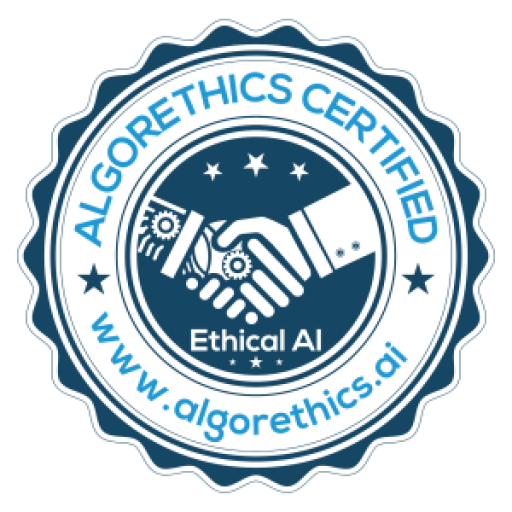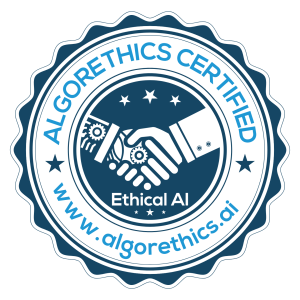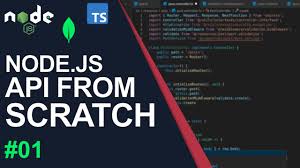As artificial intelligence becomes an integral part of modern software, ensuring ethical AI behavior is no longer optional—it’s essential. The Carlo Ethical Validation Engine offers a robust solution for implementing real-time ethical evaluations in your applications. Whether you’re building APIs in FastAPI (Python) or Node.js, integrating the AI ethics SDK from Carlo allows you to enforce and monitor ethical standards seamlessly.
In this article, we’ll walk you through how to integrate the Carlo Ethical Validation Engine with both FastAPI and Node.js to perform automated API ethical checks.
What Is the Carlo Ethical Validation Engine?
Carlo is an AI ethics SDK designed to help developers incorporate ethical compliance into their applications. It evaluates AI decisions based on customizable policies—such as fairness, transparency, bias detection, and regulatory compliance. By integrating Carlo, teams can ensure that their APIs align with ethical standards before deploying or exposing AI-driven features.
Benefits of Carlo Integration
- Real-time API ethical checks
- Customizable ethical policies
- Audit-ready logging of ethical decisions
- Seamless SDK support for Python and Node.js
- Integrating Carlo with FastAPI (Python)
Step 1: Install the Carlo SDK
Step 2: Create a FastAPI Application
Step 3: Customize Ethical Policies (Optional) - Integrating Carlo with Node.js
Step 1: Install the Carlo SDK
Step 2: Set Up an Express Server
Conclusion
Ethical considerations in AI development are becoming increasingly important for compliance, trust, and long-term sustainability. By integrating the Carlo Ethical Validation Engine with your FastAPI or Node.js backend, you can enforce API ethical checks and align your application with modern ethical standards.
Start using the AI ethics SDK today to ensure your AI decisions are transparent, fair, and responsible—because good code should also be ethical.







